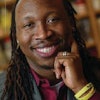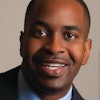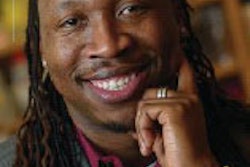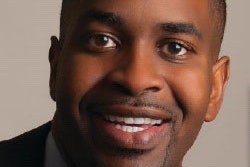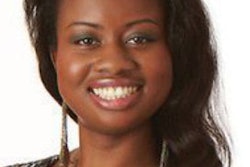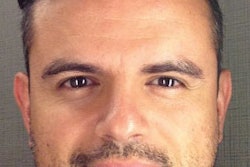When something is described as “medieval” it’s typically meant as a pejorative, conjuring up visions of a world narrowly constricted by class hierarchy, superstition and little to no innovation. But that view misses the mark: the medieval period encompasses 1,000 years of human history that set the stage for the modern era.
For her part, though, Dr. Dorothy Kyung Hi Kim, an assistant professor of English at Vassar College, is working
to bring elements of the medieval world hitherto familiar primarily to scholars to the attention of the wider public.
Pop culture attests to a growing fascination with the medieval period through TV shows like Game of Th rones,
which portrays a fantastic world based partially on stories and songs from that time. The Icelandic saga of Ragnar
Lothbrok is still being told — albeit in sensationalized form — to a rapt audience on the History Channel’s
Vikings series as well.
But, as Kim says, there’s much more to the time period.
“I’ve enjoyed pop culture, but I also find it strange sometimes that the imagined Middle Ages always have to be
imagined as White,” Kim says, adding that medieval illustrations and paintings show a mix of individuals of Caucasian, Middle Eastern and African descent.
The field of medieval studies can also be surprisingly subversive.
“[The field] has a long history of being imagined as very buttoned-up. But a lot of the texts are really quite far from that in some ways. The theological, philosophical and literary writers talked about anything and everything,” she says.
